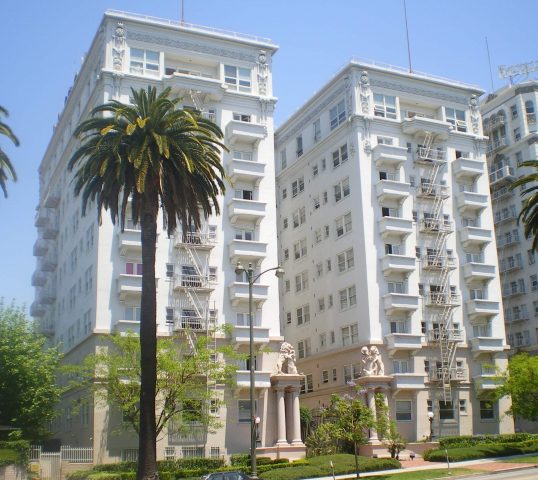Whether you’ve just accepted a position at your condominium association or you’re about to take on an account, you want to excel at your job. Or, maybe you’re in search of a property management company to manage your condominium society, and want to know what to look for. Well, then fret no more. We’re going to list down success secrets from experts in condo management. We hope you’ll find it useful.
Condos Association or Cooperatives
First off, know who you’re dealing with. Most condos in Burbank are managed by condominium association of homeowners, or they form a cooperative society, which outlines the ownership rights, rules and policies for managing the condominium. It also outlines the limitations, restrictions, and property laws applied to the residents.
The difference between the two is that, in condos association, each unit can be sold, bought or mortgaged with separate deeds. As a result the association provisions for how the common areas, building, maintenance, as well as rules are applied to individuals.
A cooperative on the other hand, simply outlines a service, nobody owns common areas and the residential units are also not owned by the individuals. Accountability is less in this type of management.
The difference can make a great impact on how you manage the condo society expertly so take a moment to study and understand the implications. This is in particular relevant in situations like theft, violence, illegal activities, and neighbors fighting etc. The rules and regulations set by the association or cooperative are important. Pay heed to sales, purchase and mortgage processes as well as the different fees associated with the service provided by the association or cooperative.
Communication
It’s no secret that real estate management is all about being on time, in time, and timely. Condominium management is no different. Whether you’re a condo association manager or a property manager, you do have a clientele (the condo residents and those involved). They need answers, and they need it fast. Make yourself indispensable by always providing them with speedy responses whether it be bad news or good, “get back to you”, or “I don’t know”, be quick about it.
You may be wondering why is that? Well, for example, if you don’t know and you let them know, then they’ll be able to find another channel of information, or perhaps ask you to find out. Leaving them waiting won’t do. It forms a bad impression, and make them feel you’re unreliable.
You need to be able to communicate eloquently whether you’re dealing with maintenance staff, tenants, owners or association management. The ability to switch hats, patiently listen to complaints, and communicate your point effectively is important.
Budgeting in Condominium Property Management
Where there are fees, collection, and taxes, there is budgeting. As a property manager you’ll need to understand the financial operation of the association including:
- collect dues from tenants;
- allocate funds for maintenance and repairs;
- pay dues to service providers;
- pay for security arrangements; and
- pay taxes for common spaces.
Residents are not going to trust you explicitly so you need to be extremely vigilant, detail oriented, and be able to provide document proofs of all the money spent or collected.
Outlook
The whole point of having a condominium property manager is to ensure that the society is well-maintained, prepared for any unfortunate events, and sustained in the long run for the benefit of all living there. From painting the building, to landscaping to managing security on ground, come under you. If you have an organized schedule along with a list of reliable vendors or service providers like cleaners, handyman then you won’t have any problem. The trick is to keep a list of impeccable and reputable service providers instead of having a team of people on salary on board.
At the end of the day you’re in charge of the condominium society but you are also accountable to the people who live there. A word of advice from Dixie Carlotti, director of association services for a property company:
“One of the most important duties of the manager is to educate their board members. These members are volunteers and don’t receive any compensation for their efforts aside from the satisfaction of contributing to their community.”









